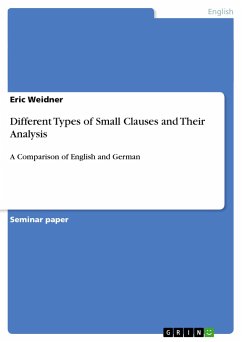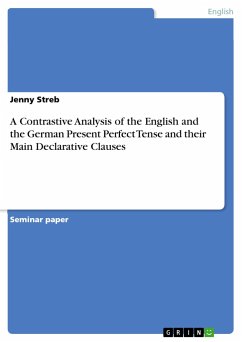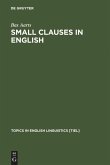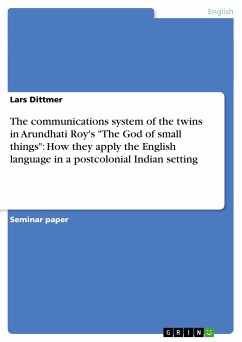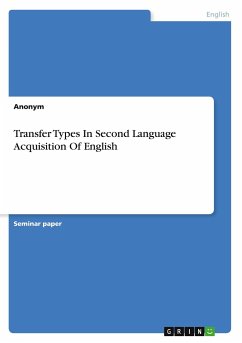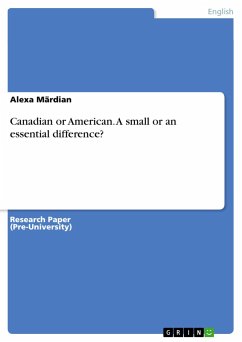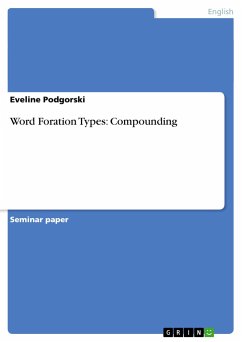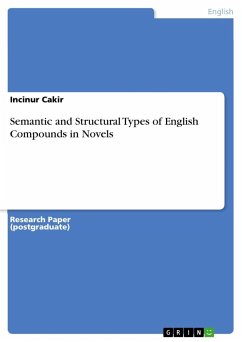Seminar paper from the year 2003 in the subject English Language and Literature Studies - Linguistics, grade: 1, University of Marburg (Institut für Anglistik und Amerikanistik), course: Proseminar Syntax, language: English, abstract: In this term paper, I will deal with some aspects of Small Clause (SC) analysis in English. The first chapter will explain what SCs are and present a general overview of their position in sentences. Furthermore I will briefly introduce a controversial analysis and consider the advantages of the SC analysis, as opposed to a predication analysis for example. Therefore several constituent tests will be applied to show that SCs can really function as syntactic units. Some semantic aspects will also be discussed to prove that they should be treated as units.In the next chapter I will introduce different types of SCs. German will be considered as well and a comparison of both English and German SCs will be presented. The argument for the existence of German SCs is very similar to the English. For this reason I will not present the line of reasoning once more but simply assume the same syntactical phenomenon for German as well (for a more detailed analysis of German Small Clauses see Staudinger 1997: 111-115). It will be argued that English offers some more possible constructions with SCs than German. This observation leads to the conclusion that there are some significant differences between the two languages.In a last step a possible analysis for the internal structure of Small Clauses will be presented. The need for a special analysis will be explained with respect to case-assignment. Then the suggested analysis will be applied to the presented types in unmarked word order to see if it is appropriate in practice. I will focus mainly on English here because an analysis of German SCs has to put up with different problems. Some of these struggles will also be discussed here.In the conclusion the results of the previous chapters will be summarized. In addition some ideas for further research beyond the content of this paper will be given.
Hinweis: Dieser Artikel kann nur an eine deutsche Lieferadresse ausgeliefert werden.
Hinweis: Dieser Artikel kann nur an eine deutsche Lieferadresse ausgeliefert werden.

